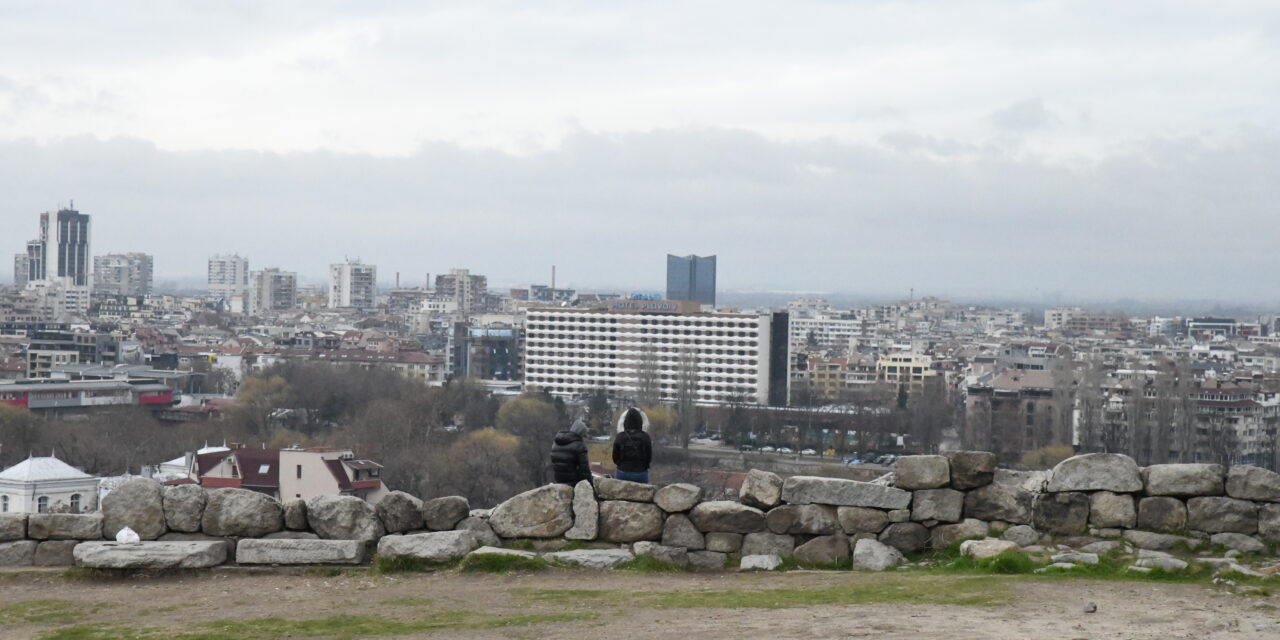The global COVID-19 pandemic has made more people feel anxiety and chronic stress than ever before in the last two decades. Putting mental health higher on the agenda in more and more countries. Whenever you are trying to find out which EU country is the in worst shape, you can get lost in the number of different studies that have been done. However, there is one country that dangles at the bottom, or nearly at the bottom in each of these lists. Bulgaria.
In a report by Eurostat, residents of all members of the European Union were asked whether they were ‘happy’ the last four weeks of their lives. Bulgaria was the country where most people answered with ’no’ to that question. Are Bulgarians really that unhappy and are there any changes on the horizon?
The culture of complaining
“It’s not right”. This is the first thing Mariya replies when she hears that Bulgaria is perhaps the most unhappy country in the EU. At the age of 35, Mariya Stoeva is one of the psychologists in Sofia from the ‘newer generation’, who according to her, are finally getting free from the former Soviet way of thinking. According to her, it is nevertheless no surprise that Bulgaria is at the bottom of the list of most happy countries.
“In Bulgaria, people don’t say that they are doing well.” This would explain why so many people answered ‘no’ to the question asked by Eurostat, according to Mariya. Why Bulgarians don’t like openly admitting that they are happy is still a remnant of the communist regime that the country lived under for years. “A period when no one questioned themselves how they really felt.”
It was in 2007 that Bulgaria joined the European Union, after years of extreme unemployment. It was a special moment for one of Europes oldest nations, and for many Bulgarians, it was a moment they had been hopefully waiting for. After 2007 everything would get better. Although this dream was only short-lived, the country was hit exceptionally hard by the economic crisis in 2008.
Enlarge
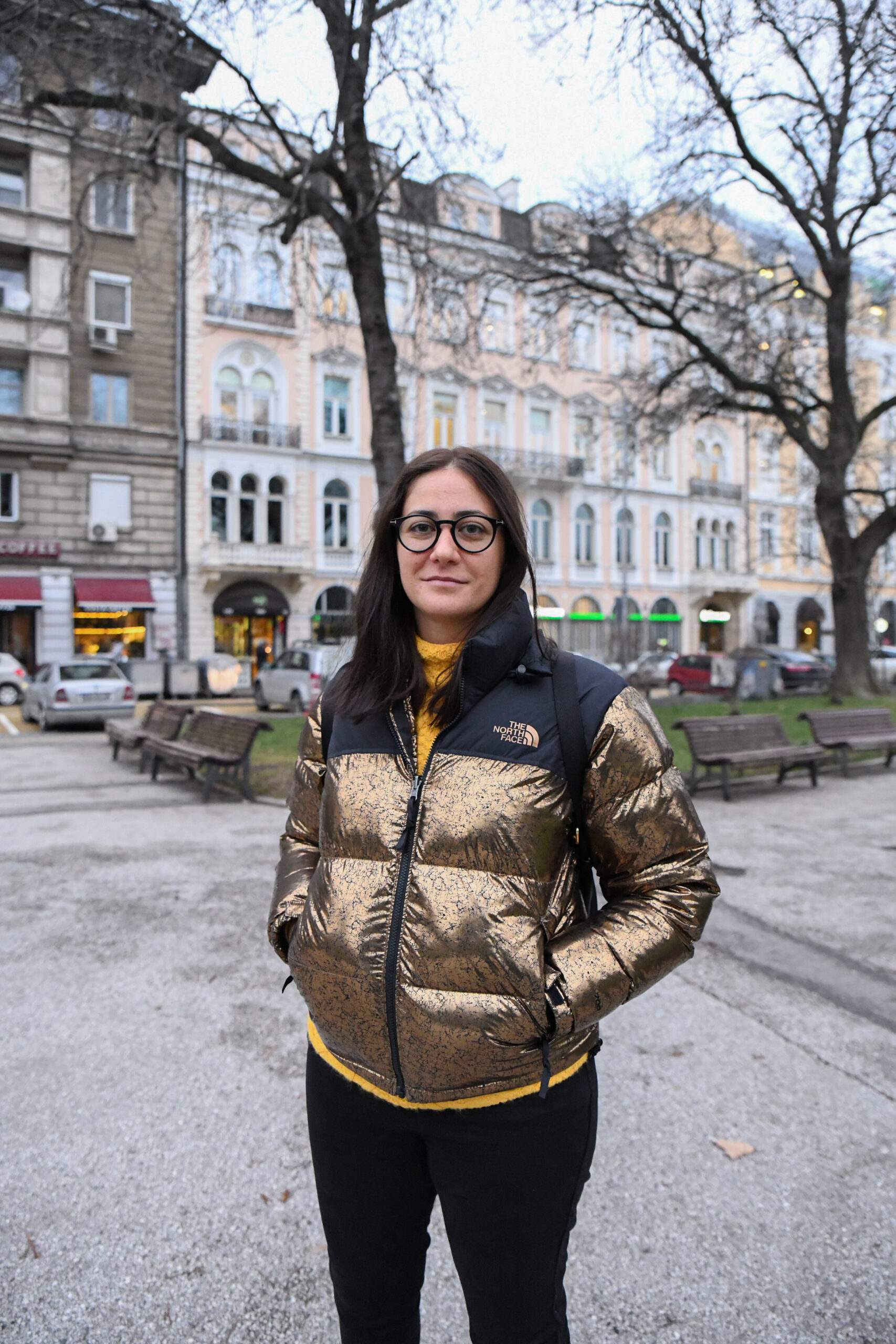
Unemployment rose and younger generations left the country in search of a better future. Making it today the fastest shrinking nation in the world. Gradually, more and more Bulgarians began to wonder whether things had really gotten better since joining the European Union. Making it often, even today, a topic of conversation around a table of Rakia, Bulgaria’s national drink.
Having the yellow book
Complaining about the weather and the government is not a problem for Bulgarians, according to Mariya. What she is worried about is the topics that are not being discussed. According to her, Bulgaria is about 50 years behind the United States when it comes to mental health. The reason for this? People would still think that you are sick for the rest of your life if you visit a psychologist once in a while. “There is this joke in Bulgaria about the yellow book. Back in the days when you were going to see a therapist, you would get this yellow book. Now saying that someone ‘has’ the yellow book, means that someone is crazy.
In theory, every European country claims to cover access to mental health care. But the reality is different. Bulgaria, together with Latvia and France, is one of the EU countries that is not covering psychological treatment. This, especially for Bulgarians, could be a problem, since the majority of the Bulgarians are not having the financial resources to pay for a session with a psychologist.
Money is not always the problem
Besides the fact that many people think that you are sick for the rest of your life when you visit a psychologist, there are also many people who wouldn’t judge you, simply because they do not know what mental health is. According to Mariya, it is mainly the people who live outside the big cities who have no idea about it. According to her, the taboo phase, so the phase before something can be discussed, has not even been reached yet.
Enlarge
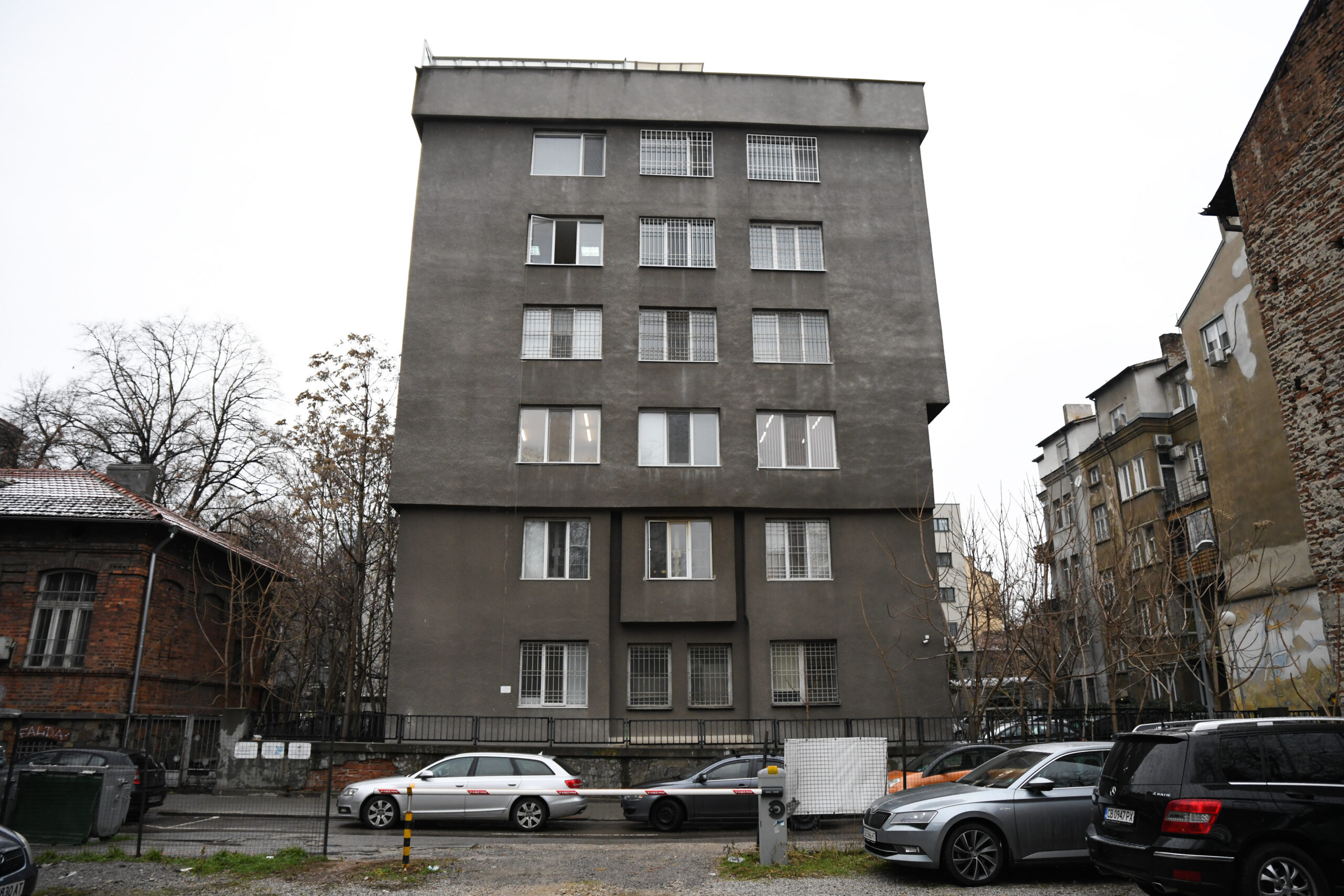
It is for the same reason that reimbursing a session with a psychologist would not be the problem. “How do you want people to pay for something it they don’t even know what it is. You wouldn’t do it either.” Paying for the sessions with a psychologist would only become a problem when Bulgarians are more open towards the existence of mental health problems, according to Mariya.
The fact that Bulgarians are afraid of mental problems and having the so-called ‘yellow book’ doesn’t come out of the blue. Being admitted to a hospital in Bulgaria with mental problems is not the greatest fun. It is therefore with a reason that the EU has already reprimanded Bulgaria several times about the quality of its mental health care.
After a visit by the European Committee for the Prevention of Torture and Inhuman or Degrading Treatment or Punishment (CPT), in both 2017 and 2020, it was concluded that Bulgaria was doing too little to take effective action to improve the situation in its psychiatric hospitals and social care. In both reports, the CPT even concluded that patients in Bulgarian psychiatric hospitals are psychologically ill-treated by the staff. They would be punched, kicked, and even hit with sticks.
Mental problems? Don’t be spoiled.
Nora is one of those Bulgarians who struggle with mental health issues. She has been suffering from reoccurring depression over the last fifteen years. Of the four Bulgarians with mental issues, that were contacted for this article, she was the only one that wanted to meet physically to explain more about the topic and her personal experience. While drinking a beer she puts out the impact it has on her, often being seen as crazy in her country.
“In this country, most people are taught to take responsibility at a young age. Mental health problems do not fit within this box of responsibility.” “When I told my parents a few years ago that I was struggling with the bipolar disorder that was being diagnosed, they told me to not act spoiled. Everyone in this country has a hard time, you are nothing more than anyone else.”
According to Nora, responsibility in Bulgaria also has a lot to do with material things. Asking yourself the question if you are actually happy with the job that you have is something people would nog easily do. “The most important thing is that there is bread on the table. Not the way the bread was being brought on the table.”
According to Nora, there is a lot of Bulgarians who know very well that they are suffering from psychological problems, but who are simply not giving in to it. On the other hand, they would abuse alcohol, for example. something that makes more sense to spend money on, since you can notice its effects much faster. “At least with alcohol you can see the effect pretty quickly. Why would you spend money on a psychology? We don’t even know if it works.”
Enlarge
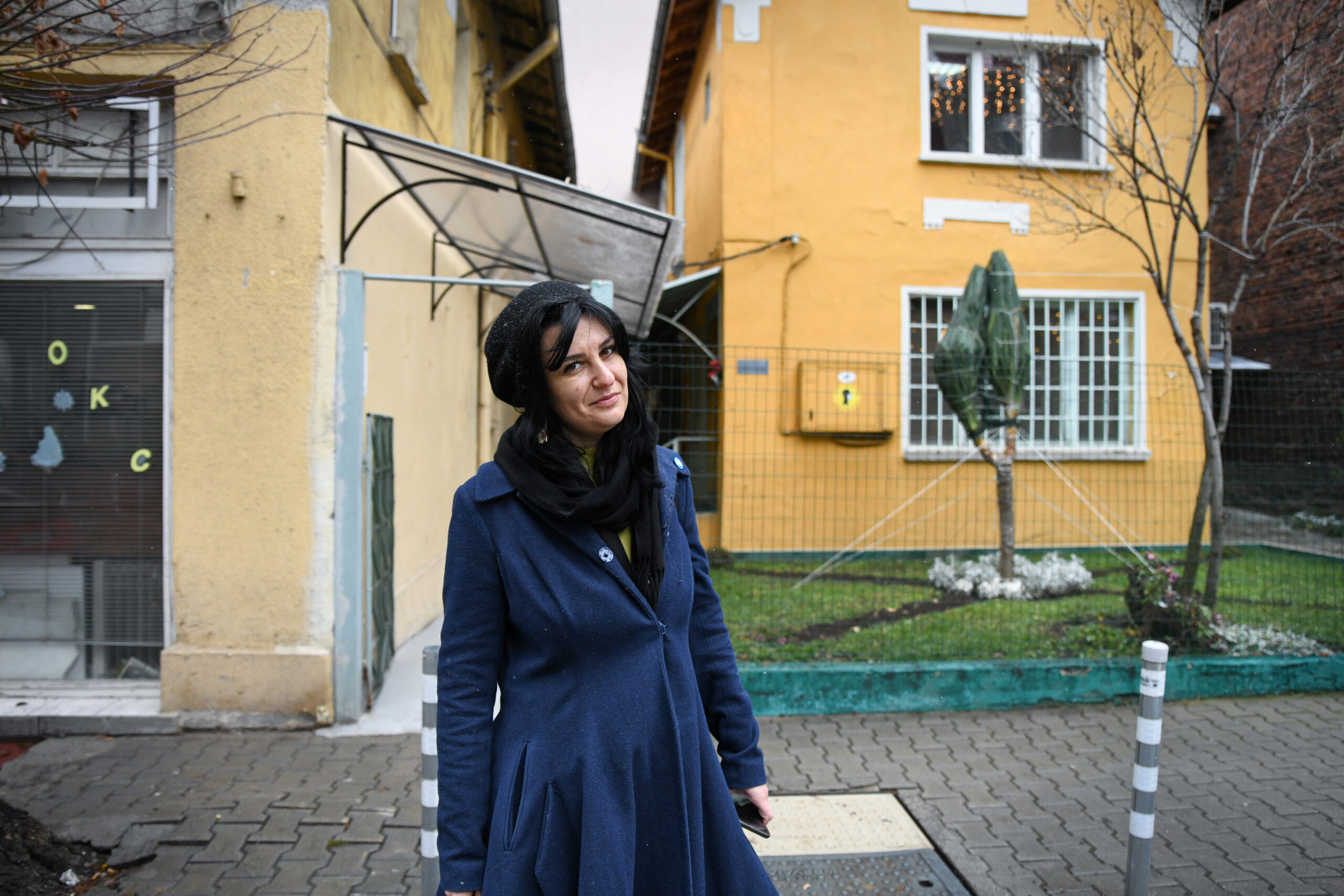
Recognizing alcohol use as a problem is something not all Bulgarians will agree on. The local distillation and consumption of Rakia is seen by many as part of the culture. Even if this causes people to lose their sight every year because of brewing rakia witha too high alcohol percentage.
Drinking as a national sport
“It is being problematic and people don’t even seem to realize is anymore.” According to Alexandra Semova, one of the founders of ‘Mindromeda’, a start-up from Sofia, the main problem is that alcohol has become normalized. Mindromeda is a young company that aims to make psychological consultants available to every Bulgarian. There services seem to well received by young Bulgarians: they have grown from 0 to 800 consultants per week in the last 8 months of 2021.
According to Alexandra, one of the founders, alcohol is not only used as a coping tool, but is often seen as a real hobby, especially among men. “Whoever can drink the most is the man of the evening. It is not for nothing that many men still see drinking as much as possible as a kind of national sport. As in many Balkan countries actually.” “In France, for example, people drink a lot, but here we are really talking about bottles of Rakia of sometimes 50% alcohol.”
The man that should protect the village
Not only because of the alcohol consumption, Alexandra is worried about the Bulgarian man. There is still a great stigma attached to the man who ‘should protect the village from bad things’. “We have to show ourselves as strong men, and we are not allowed to talk about these things,” ads co-founder Ivaylo. To show how big the difference actually is between Bulgarian men and women when it comes to this subject, Yuri uses the annual figures of Mindromeda. “This year, 74% of our customers have been women. So only one in four of our customers are men.”
Enlarge
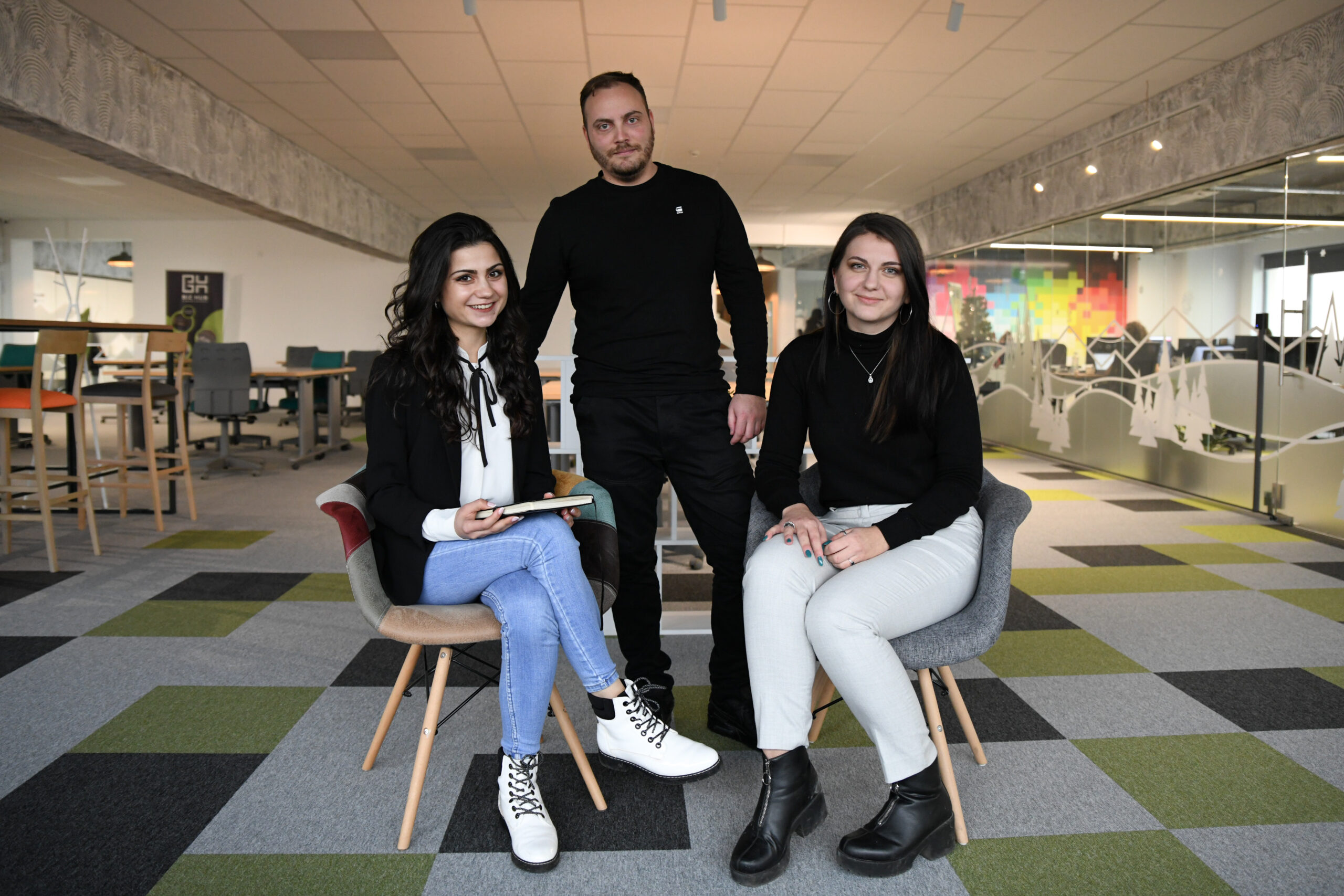
There is always an ‘up’ after a ‘down’
The main reason Mindromeda has grown so rapidly is because of the Covid-19 pandemic. On one hand, because much more people were in need of help, says Alexandra, “but on the other hand because it became more accessible.” “For many Bulgarians, the step to actually go to a psychologist is still very big. The fact that these sessions were now offered online because of Covid made the step a lot smaller for many Bulgarians. They could suddenly get a session from their own house.”
Bulgaria is, after Peru, the country that has so far been hit the hardest by the Covid-19 pandemic. There are no unambiguous figures that show whether the Covid-19 pandemic has caused more Bulgarians to feel lonely. But according to psychologist Mariya, it is not a pandemic that will cause people to suddenly become aware of mental health. She says it will take time. But above all, it requires a good education. “Because again, how do you want people to believe in something if they don’t know what it is?”
